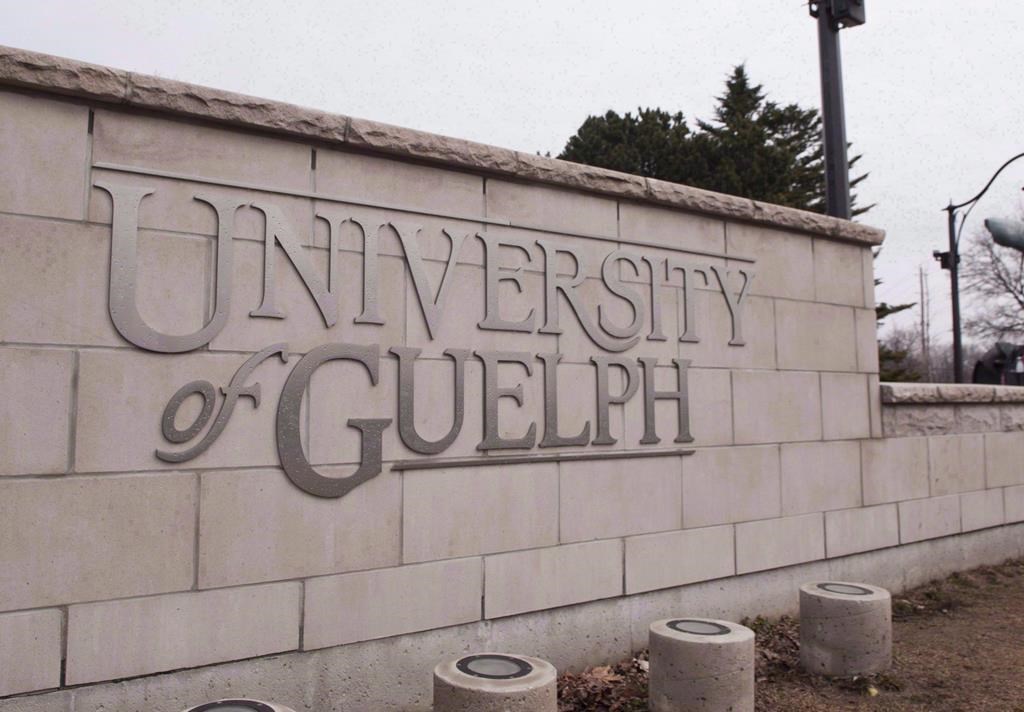Firefighters continue to battle massive California wildfires that have destroyed thousands of homes and claimed the lives of at least 24 people as of Monday.

According to reports, an incoming forecast this week is calling for more winds after calmer ones offered firefighters some relief this past weekend.
Ze’ev Gadalof, professor at the University of Guelph (U of G) and director of the Climate and Ecosystem Dynamics Research lab, said California has exactly the right conditions to start a wildfire.
“They had a years and years long drought, followed by a pulse of wet weather associated with last year’s El Nino event that produced a huge flush of fine fuels, and they’ve had droughts since then,” Gadalof said.

Get daily National news
He said the area hasn’t had rain since May and the blazes have amplified as a result. Unusually strong Santa Ana winds have also contributed.
Since Jan. 7, water-bombing pilots and crews from parts of Canada, including Alberta and Quebec, have been deployed to Southern California to help battle the fires.
Gadalof said Canada’s firefighting teams are highly experienced and incredibly well-trained.
“We do it in Canada already. We deploy firefighting between provinces as the fire season moves around, and to me, it seems like a natural thing to do to send those teams down south to help our neighbours,” he said.
While Western Canada dealt with its own wildfires last summer, Gadalof said government involvement has been essential in terms of rebuilding communities in Alberta, including Fort McMurray and Jasper, and said the United States can look to Canada as an example for how to do it effectively.
As far as recovery efforts in the Los Angeles area, he said it’s difficult to say, but it could impact some areas harder than others. He also stated that political decisions will impact recovery.
“Some things will go back to normal within days or weeks of the fires, and I think some of it is going to last for years, years and years,” he said.








Comments